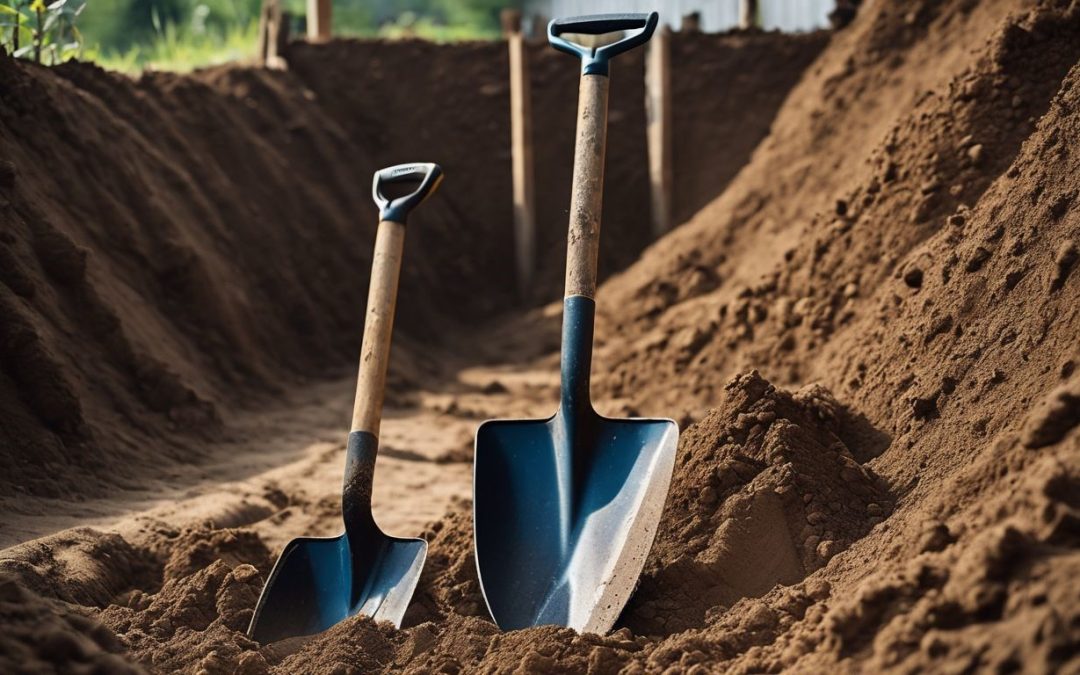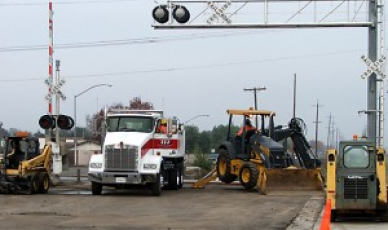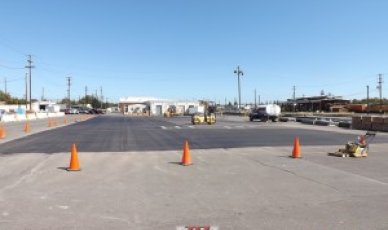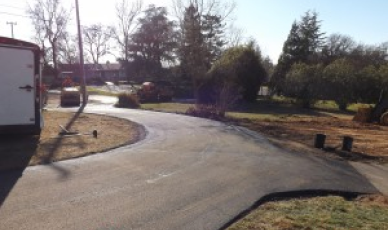Defining Digging
Alrighty, let’s dig into “digging” — pun intended! Most of us think of digging as just grabbing a shovel and breaking ground, but oh boy, there’s more to it than that. It’s like the grown-up version of sandbox playtime, except now we have a purpose behind shaping those dirt piles besides making mud pies….
Purpose of Digging
We all have our reasons for digging into the earth. Maybe you’re planting a new garden, putting in a fence, or just curious about what’s below the surface. It’s like opening a door to another world right under your feet – finding rocks, roots, maybe even an old coin or two!
Now, let’s talk tools. You don’t need much for simple digs; a sturdy shovel and some gloves usually do the trick. But if we hit something unexpected (hello there, giant boulder), that’s where things get interesting—and why it can be smart to call in professionals with heavier gear.
No one wants their backyard adventure turning into an “oops” moment! (You’ve seen those reviews online—late arrivals, miscommunication.. let’s try to avoid that mess.).
Digging is handy—it helps us get things done around our homes. Just imagine trying to set up a paver patio without clearing some dirt first! We often think of it as the smaller cousin of excavation: less fuss but oh-so necessary for many DIY projects at home.
So keep on digging—but remember, sometimes it pays off to check with residential excavation contractors near me before going too deep and hitting more than dirt!
Tools used in Digging
So, after deciding why we might want to dig—maybe for laying down some new paving or getting ready for resurfacing—it’s time to grab our tools and start the real work. We often use shovels, spades, and picks for small jobs around the home.
These tools help us break up soil, scoop it out, and make space for new plants or a fresh walkway.
For bigger tasks that need more muscle, like creating trenches or working on basement projects, powered tools come into play. Think about those companies you’ve heard of — Basement Masters Waterproofing or Andrews Grading & Excavating LLC — they’re using heavy-duty gear! They have machines that can move dirt fast so those basements get waterproofed without wasting any time.
Just imagine how much easier it is with the right equipment; no back-breaking digging needed here!
Understanding Excavation
When we dive into the world of excavation, folks, we’re talking about a whole different ball game from simple digging—it’s like comparing making a sandcastle to constructing a fortress! Excavation is about moving earth on a grand scale for some serious purposes (think construction foundations or major landscaping), and let me tell you, it calls for some heavy-duty tools that can make even the toughest ground say uncle.
Purpose of Excavation
Excavation is not just about making a hole in the ground; it’s serious business, especially when you’re getting ready to build something new. Think of it like preparing the stage for a grand performance – where your house is the star! You need a solid place to start, and that’s where we come into play.
We’re talking digging out space for sunrooms or laying down tough concrete foundations that will support your home for years.
Now imagine trying to do all this near other stuff underground like pipes or cables—yikes, right? This is why professional excavators are worth their weight in gold. They know how to avoid those pesky utility lines and keep everything safe around them.
And let’s not forget about rules and regulations; they’ve got that covered too with all the necessary permits. So, whether you’re planning on expanding your living room or creating an outdoor oasis, bringing in pros can save you from some real headaches!
Tools used in Excavation..
Tools used in Excavation
So, we’re clear on why we excavate. Now let’s talk tools – the heavy-duty kind that make big jobs way easier. Companies like Basement Masters Waterproofing and Cornerstone Excavation Inc are pros at this.
They’ve got a lineup of powerful equipment that can move earth like it’s nothing.
Think massive shovels attached to even bigger machines; these are called excavators, and they’re not messing around. Then there’s bulldozers—the tough guys that push dirt aside with ease.
Oh, and don’t forget about dump trucks—they haul away the extra soil so you won’t trip over it later.
Global Equipment Rentals knows all about this gear too. From trenchers that cut through the ground for pipes or cables to compactors pressing soil down flat—we use these bad boys to ensure everything is solid under your feet.
We’re serious about safety as well, which is why every machinery operator has passed background checks with no criminal records—no ifs or buts! We keep things above board because trust us, nobody wants surprises when dealing with heavy equipment.
Now imagine trying to do all this with just a shovel in your hand.. Yeah, didn’t think so! It’s not only about power; it’s also knowing which machine fits the puzzle perfectly—and we’ve got that game figured out.
Comparing Digging and Excavation
Well, folks, when we roll up our sleeves to compare digging and excavation (and yes, there is a difference!), we’re diving into more than just a heap of dirt. Let’s talk about how these two are siblings but not twins in the world of ground-breaking..
Literally.
Differences in Purpose
Digging is pretty simple; it’s like when we grab a shovel to make a hole for planting flowers or to fix a fence. We’re just moving dirt from one spot to another. But excavation, that’s the big league—we’re talking about serious work like making space for new house foundations or creating trenches so our homes stay dry and cozy.
Folks tell us how happy they are with these major digs because they solve some real headaches, whether it’s fixing up the house’s base or stopping water from getting where it shouldn’t.
Sometimes you might think, “Hey, can I just dig this out myself?” But then you see the huge machines at an excavation site and realize this is no small task. We’ve got customers raving about professionals who come in with their excavators and backhoes—they get the job done right, quick, and tidy.
And sure enough, even if someone had a rough go of it (we all know nobody’s perfect), dealing with experts means there’s less chance your yard turns into some DIY disaster zone.
Differences in Tools and Equipment
Just like their purposes, digging and excavation use different tools. For a simple garden project, you might grab a shovel or a spade. These are perfect for making small holes to plant flowers or veggies.
But let’s say you need to prepare the ground for a new home foundation or install underground pipes; that’s when bigger equipment comes in. Excavators, bulldozers, and backhoes are often on these job sites.
They can move tons of dirt quickly and create deep trenches needed for serious work.
Now picture this: You’re walking by a construction site where a huge machine with a bucket is scooping earth out of the ground—yep, that’s an excavator! And if you see something rolling around with big wheels packing down soil real flat-like—that’s doing compaction, so everything stays put.
Got it? We’re talking about heavy-duty machines rented from dealers instead of simple hand tools from your garage. Sure makes sense why we call up HomeAdvisor for pricing when planning big outdoor projects—they help us find pros who bring the right gear for our big digs!
Conclusion
Okay, we’ve talked a lot about digging and excavation. They might seem the same, but they’re really not. Digging is like using a shovel in your garden. It’s simpler and for smaller tasks.
Excavation is bigger – think bulldozers and big pits for building homes or pools. Always remember, when it comes to big digs, get the pros! They know about safety and rules that keep everyone out of trouble.








